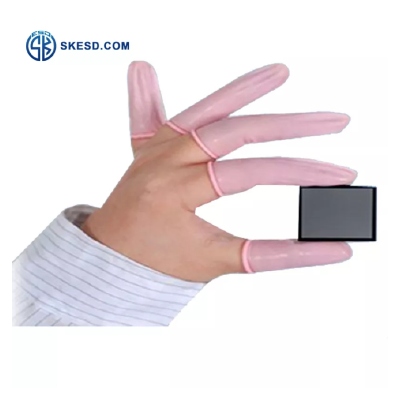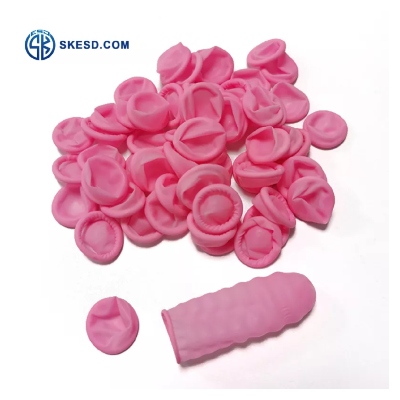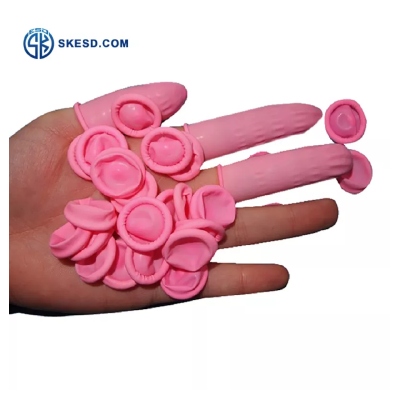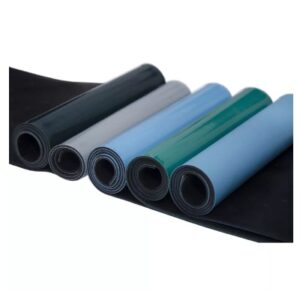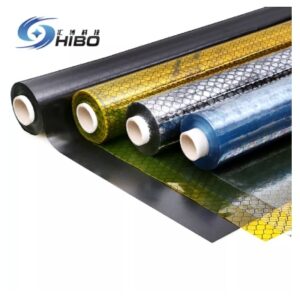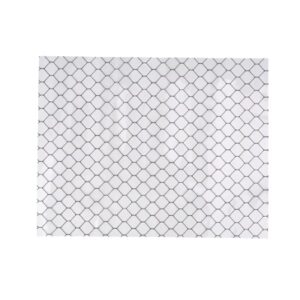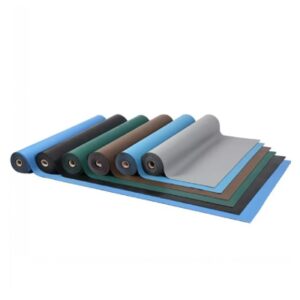Description
Nitrile Esd Finger Cots
Nitrile esd finger cots
- Synthetic nitrile rubber, latex free (Latex Free), avoid allergy risk.
- Meet ESD standards, stable surface resistance, suitable for electronic component operating environment.
- Better chemical corrosion and puncture resistance than latex.
Specification and Data
| Item Name | SK503 |
|---|---|
| Color | Pink |
| Material | Natural latex Powder Free |
| Size | M |
| Gram weight | 0.65g |
| Length | 60mm |
| Packing | 1000/1440pcs/bag |
Nitrile esd finger cots
- Nitrile esd finger cots are Latex Free, anti-static, and blue. This means that Nitrile materials do not contain latex and are suitable for people who are allergic to latex. Certifications include ISO and RoHS, and some include CE.
- Latex ESD finger cots are available in black, white, pink, etc., with lower prices. The raw materials are pure natural latex, free of plasticizers and silicone oil, and have anti-static properties.
- Comparing the material properties of the two, such as latex may cause allergies, while Nitrile is a synthetic material to avoid allergy problems. In addition, the anti-static properties meet the ESD standards, but the certifications may be different. For example, Nitrile has ISO and RoHS, while Latex has RoHS and CE.
- In terms of price, Nitrile is more expensive, probably because of different material costs or production processes. In terms of color selection, Nitrile is mostly blue, while Latex has more colors, such as pink, beige, orange, etc., which may meet the needs of different environments.
- In terms of application scenarios, Latex finger cots are used in clean rooms, laboratories, electronic maintenance, etc., while Nitrile is also used in similar environments, but is more suitable for occasions that require high durability and chemical resistance.

